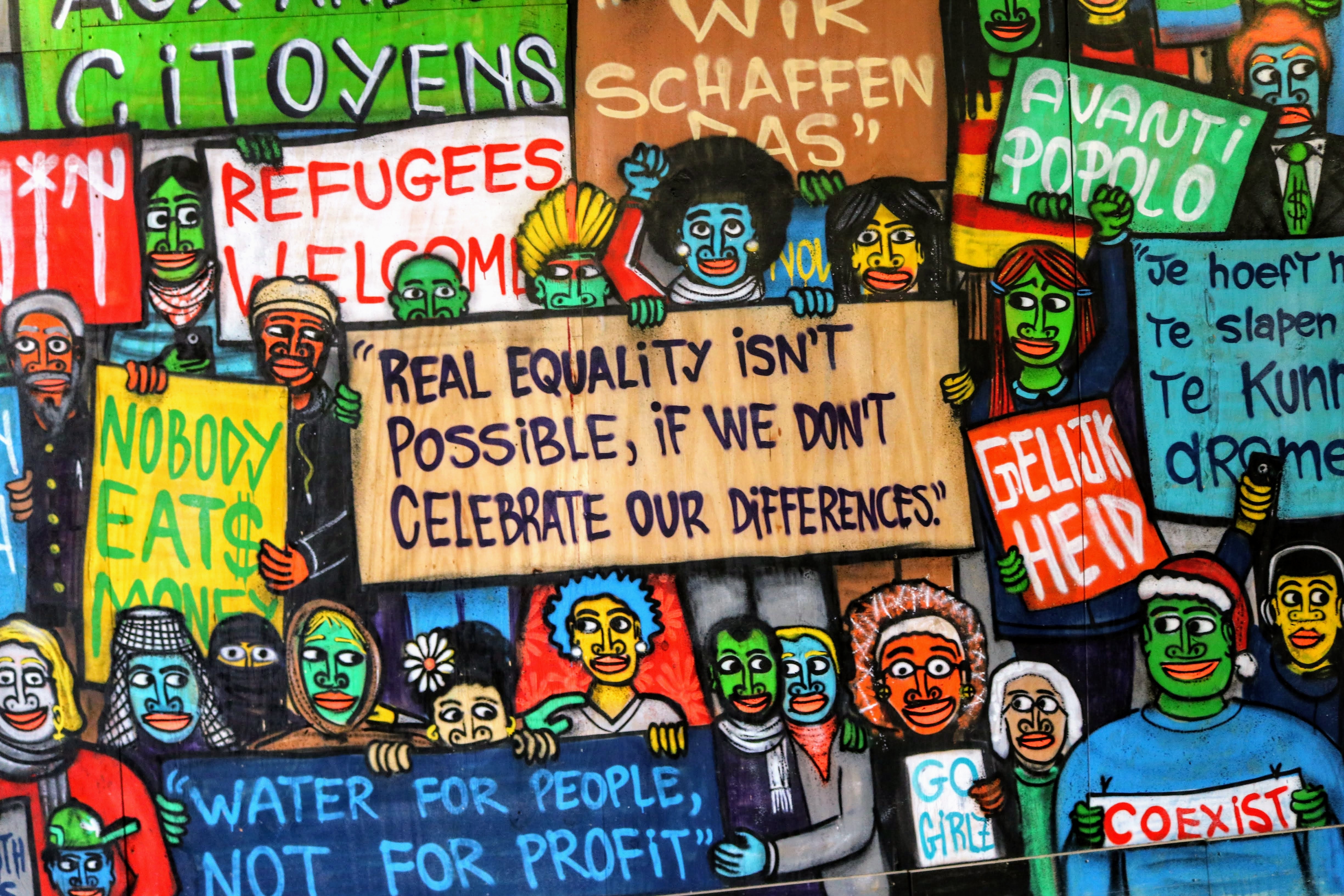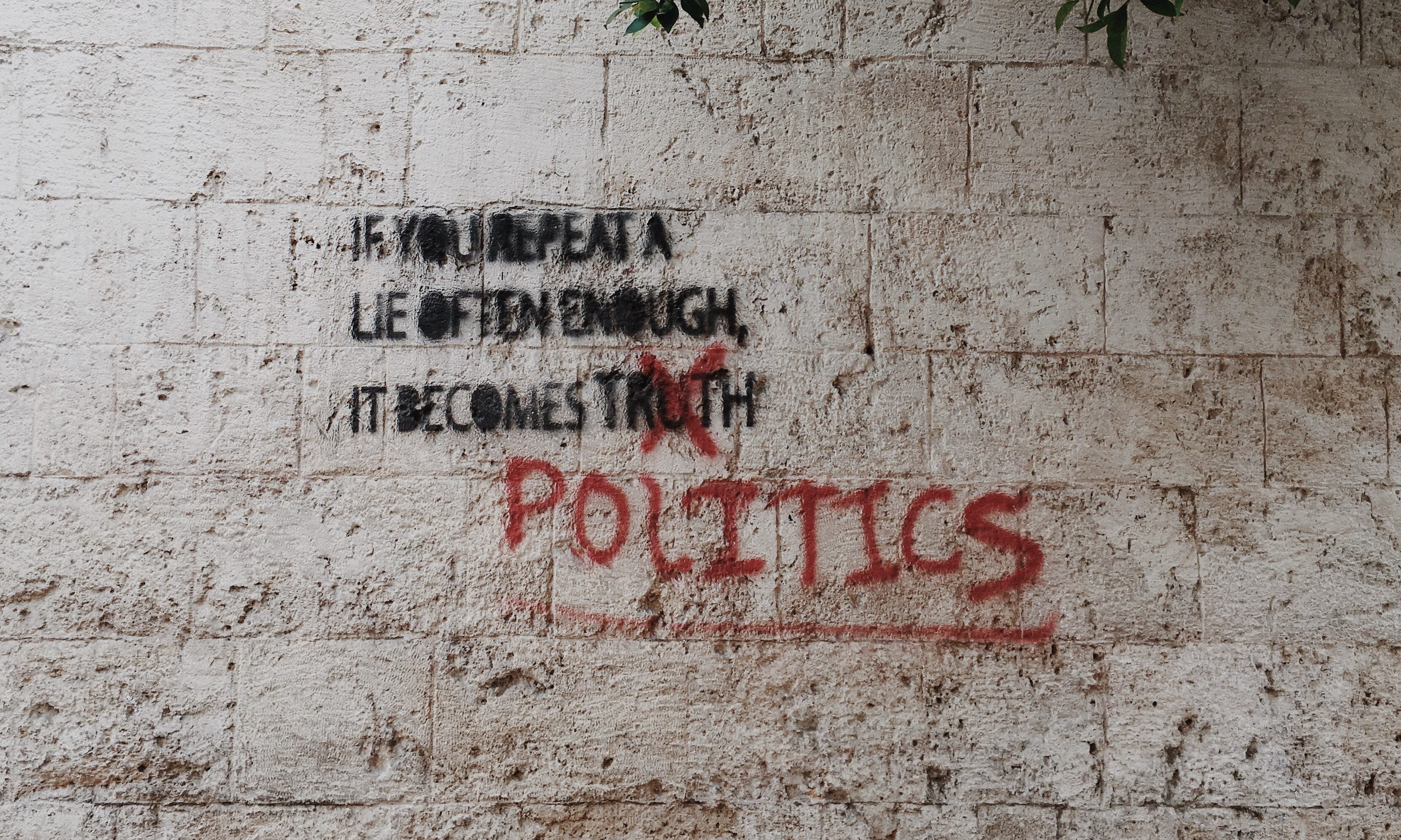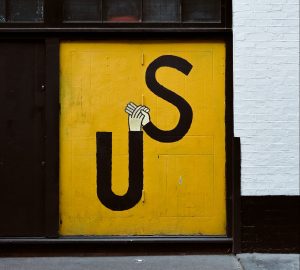Many years ago, when I was in college, I was talking with an acquaintance. I wouldn’t have exactly called us friends because we had nearly nothing in common except that we attended the same school. But she intrigued me. She grew up in a very wealthy world and lived lavishly in a way I had only seen on TV. It’s not like she was wearing ball gowns or anything; in a picture she’d look like a normal preppy college kid. But it was the way she carried herself, the sense of simply believing, entirely, in her own self-worth that struck me. I wondered – how does someone have that? Is it confidence? Is it arrogance? Is it ignorance? But it was when it turned ugly that I realized the individual and widespread implications – She explained to me once while she was boarding a bus, “I won’t ever have to deal with those people so I don’t have to learn about them.” She was referring to people of color.
If there was one thing I learned in my college years, it was this: The rich kids were as ignorant to the ways of the world as I was. The only difference between us was that I expected to be ignorant and they didn’t.
The privilege of being born into a society space that exposes you to great things is that you are aware of what you can see, do, accomplish, achieve, and who you can meet if you have the funds to allow you entre. This exposure can unwittingly, however, give one the false impression that you’ve somehow earned it. In reality, a child is simply born into it or not.
Conversely, the privilege (though I didn’t see it at the time) of being born into a society space where your resources are constraint forces you to be creative, determined, and resilient. It can, however, unwittingly, also make you angry and frustrated that some people send their resumes to their parents’ friends and get jobs right away while the rest of us send ours into the great abyss of thousands of others.
It’s unfair. It’s also reality. But I think the lesson I learned as I graduated was that we are all ignorant of others’ experiences unless we connect by happenstance and then take the time to understand. So the question is: What right do we have to live in our own bubbles and what expectation do we have to learn about the diverse country in which we live?
The answer is both. We live in a free country where one can be friends with anyone they like or live as a recluse and avoid people altogether. However, the point at which that seclusion of thought, belief, or action allows us to demonstratively personalize superiority over others is the point at which we have an obligation to better educate ourselves on the world around us.
Ignorance is not an excuse for insensitive behavior – it’s a self-comforting state of being, perpetuated by fear.
We must learn to open our minds and hearts to the diverse nation around us, recognize that racism and other forms of discrimination exist, and educate ourselves on both the underlying reasons as well as the ways we can promote harmony and respect. The nation that values diversity will be the nation that attains the most exceptional and effective state of action and thought. The nation that ignores the divide will see a power differential that favors a small group of people for a period of time but that crumbles once the have-nots organize and defeat.










